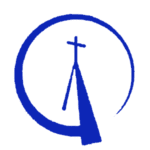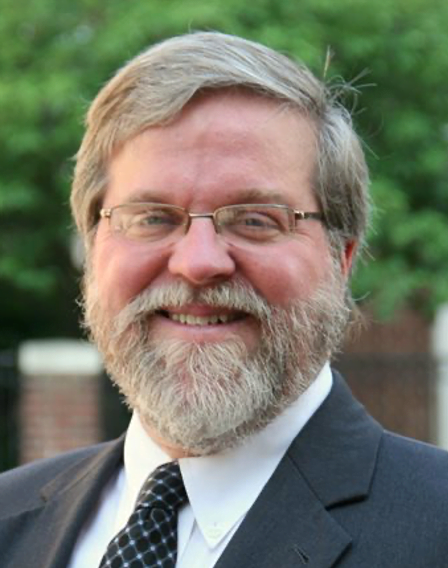The Hymn Society and the Methodist Church searched for new hymns to “express the needs and aspirations of people in the churches and communities of rural America” for the Quadrennial National Methodist Town and Country Conference at Indiana University, July 22-25, 1955. Fourteen of the nearly three hundred submissions were printed in Fourteen New Rural Hymns. God of the Fertile Fields was paired with Edward Bunnett’s ITALIAN HYMN.
The hymns author, Georgia Harkness (1891-1974) was born in Harkness, New York, and studied at Columbia University, Boston University, Yale, and Union Seminary. She was ordained a deacon in the Methodist Church in 1926 and an elder in 1938; taught at Elmira College, Mount Holyoke College; Garrett School of Theology, Pacific School of Religion; Union Theological Seminary; and the International Christian University, Mitaka, Japan. She wrote almost forty books on a wide variety of theological, devotional, and thetical topics.
ITALIAN HYMN first appeared in A Collection of Psalm and Hymn Tunes, never published before (1769). The book was prepared for Lock Hospital and was known as the Lock Hospital Collection. Lock Hospital was a charitable Anglican institution, but not directly controlled by the bishops. Supported by wealthy London citizens, institutions like this became centers of evangelical activity where new hymns and tunes were sung and collected and where the children sheltered there sometimes formed choirs. Lock Hospital, which could not sustain a choir, was founded in 1746 for venereal patients. After his ordination in 1758, Martin Madan (c. 1726-1790) became its chaplain and supported a chapel and its music there with his own financial resources.
The tune was written by Felice de Giardini, a fine Italian violinist. Born in Italy at Turin, he became a chorister at the cathedral in Milan; studied singing, clavier, and harmony; and then returned to Turin to study violin. He played for the opera at Rome and Naples, toured Germany, and in 1750 began teaching and concertizing in London. He composed operas, string quartets, and sonatas, contributing three other tunes besides this one to Madan’s Collection. He started in London a comic opera that failed, toured Russia with his troupe, and died penniless in Moscow.


